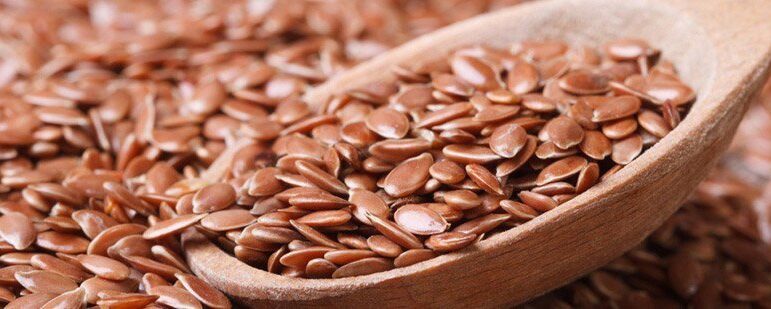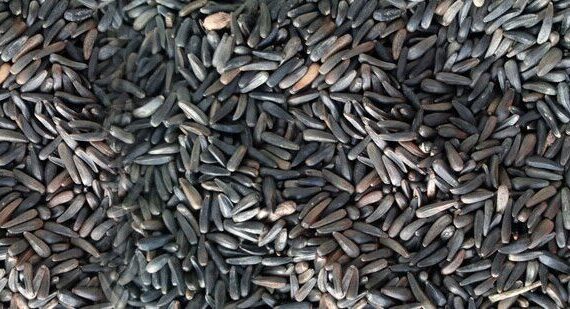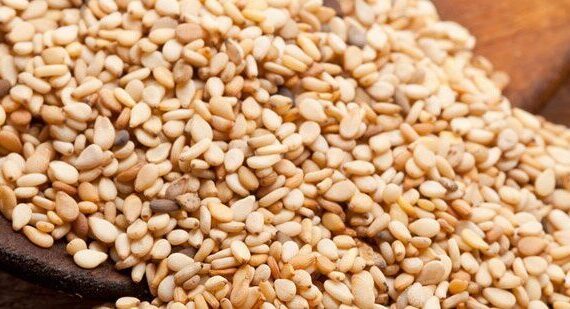🌱 Premium Flax Seeds Exporter
JFT Agro Overseas LLP offers high-quality Flax Seeds (Linum usitatissimum), processed and packed under strict hygiene standards. Flax seeds are nutrient-rich, versatile, and ideal for food, pharmaceutical, and industrial applications.
📌 Overview of Flax Seeds
- Flax (Linum usitatissimum) is a flowering plant grown for seeds and fiber.
- Seeds used to produce linseed oil, nutritional supplements, and animal feed.
- Industrial applications: paints, varnishes, linoleum, and fiber production.
- Culinary uses: linseed oil, supplements, and ingredient in health foods.
- Medicinal uses: treats asthma, arthritis, migraine, osteoporosis, lowers cholesterol & blood pressure, supports hair, skin & nails, and prevents certain cancers.
📌 Specifications of Flax Seeds
| Parameter | Specification | Test Method |
|---|---|---|
| Maker Compounds (Lignans as SDG) | 20% | HPLC |
| Appearance | Fine Powder | Visual |
| Color | Yellowish | Visual |
| Odor | Characteristic | Organoleptic |
| Taste | Characteristic | Organoleptic |
| Part Used | Seeds | – |
| Particle Size | NLT 100% through 80 mesh | CP2010-appendix IB |
| Loss on Drying | NMT 5.0% | CP2010-appendix IG |
| Bulk Density | 40-60g/100ml | CP2010 |
| Total Heavy Metals | NMT 20ppm | CP2010-appendix IXE |
| Arsenic | NMT 2ppm | CP2010-appendix IXB |
| Lead | NMT 2ppm | CP2010-appendix IXB |
| Cadmium (Cd) | NMT 1ppm | CP2010-appendix IXB |
| Mercury (Hg) | NMT 0.5ppm | CP2010-appendix IXB |
📦 Container Capacity
| Packing | 20′FCL (MT) |
|---|---|
| Bags | 19 |
🌍 Export Destinations
Netherlands
United States
Germany
Australia
Canada
Italy
United Kingdom
Belgium
UAE
Austria
✅ Why Choose Flax Seeds from JFT Agro Overseas LLP?
- Transparent communication & live product updates
- Direct management involvement in each shipment
- Stringent sourcing and quality checks
- Experience in shipping to multiple international countries
- Customer-focused service without sales pressure
🛡 How to Select a Genuine Exporter of Flax Seeds
- Verify company presence, experience, and export track record
- Check product sourcing, quality, and pricing transparency
- Physical visit, video calls, and Google verification recommended
- Trade show participation indicates credibility


 Netherlands
Netherlands United States
United States Germany
Germany Australia
Australia Canada
Canada Italy
Italy United Kingdom
United Kingdom Belgium
Belgium UAE
UAE Austria
Austria
